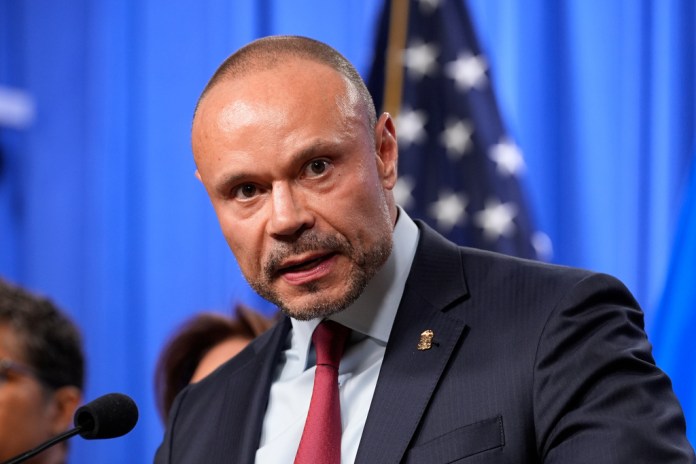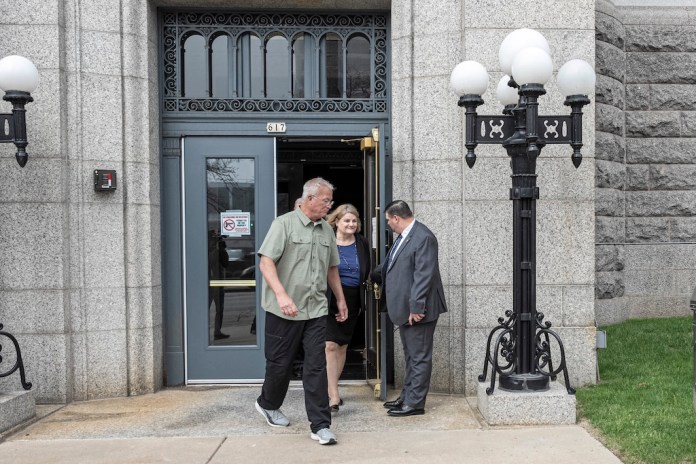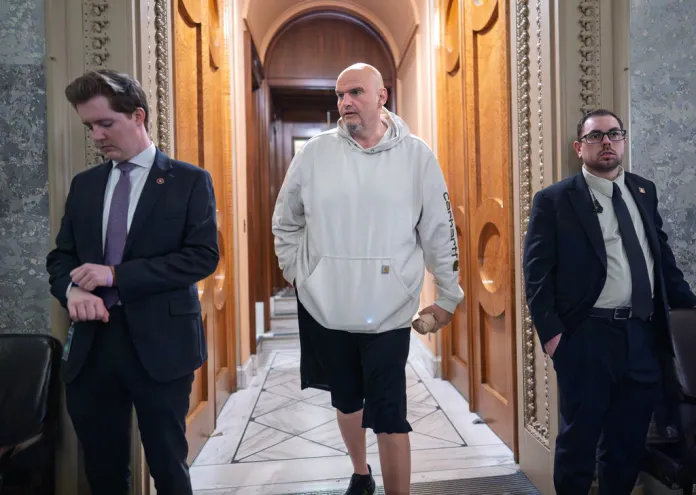HIV Vaccine Trial Halted Over Shot’s Inability to Prevent Infection
Companies have stopped an advanced trial of an analogue HIV Because the vaccine was not effective in preventing infection,
The results of the stage 3 trial have led to the conclusion that the vaccine is safe. “was not effective in preventing HIV infection compared to placebo among study participants,” Johnson & Johnson and its associates made the following statement.
The vaccine, dubbed Mosiaco, was developed by Janssen, a Johnson & Johnson subsidiary.
The study’s Data and Safety Monitoring Board, or a group of independent experts that was monitoring the research, made the determination.
Johnson & Johnson stated that the study was being canceled due to this determination.
“We are disappointed with this outcome and stand in solidarity with the people and communities vulnerable to and affected by HIV,” Janssen executive Dr. Penny Heaton made the following statement.
“We remain steadfast in our commitment to advancing innovation in HIV, and we hope the data from Mosaico will provide insights for future efforts to develop a safe and effective vaccine,” Heaton was also added.
The study was launched in 2019 The U.S. government funded the project. It was designed to identify whether Janssen’s vaccine could prevent HIV infection in men.
The U.S. National Institutes of Health funded the study and said that further analysis would be done.
“In its scheduled data review, the [monitoring board] determined there were no safety issues with the experimental vaccine regimen. However, the number of HIV infections [was] equivalent between the vaccine and placebo arms of the study,” In a statement, the agency stated.
The study included 3,900 people between the ages of 18 and 60 from Europe and America.
Dr. Susan Buchbinder (a University of California San Francisco professor who led the trial) said that it was successful when it was launched. “an important step toward developing a safe and effective HIV vaccine for people worldwide.”
Buchbinder expressed disappointment with the results this week.
“Although HIV continues to prove uniquely challenging for [the] development of a vaccine, the HIV research community remains fully committed to doing just that, and each study brings us a step closer to this realization,” She added.
HIV, or human immunodeficiency virus, attacks a person’s immune system and can lead to AIDS, or acquired immunodeficiency syndrome, if not treated. HIV is most commonly contracted by men who have had sexual relations with other men. Although there is no cure, treatment in the form shots and pills can stop the progression of AIDS.
According to U.S. Centers for Disease Control and Prevention estimates, approximately 1.2 million HIV-positive people in America aged 13 and over had HIV as of 2019. Every year, thousands die from the disease. 47 percent of the estimated 84 million HIV-positive people in the world have died as a result of the disease, according to the World Health Organization.
After the conclusion of phase 2 in women, another Janssen vaccine trial was halted in 2021 by a monitoring board that found it not to provide adequate protection against infection.
The results revealed that 63 people who were given a placebo became infected, while 51 who received the shot contracted the disease. Only 25.2 percent of the shots were effective.
U.S. regulators typically consider 50 percent to be the threshold for an effective vaccine. But, COVID-19 vaccines have been able to bypass this standard.
So-called mosaic immunogens or multiple HIV subtypes are the basis of the adenovirus-based vaccinations. They were designed to induce immune responses that would protect against infection. The Janssen vaccine was also administered to trial participants. This bivalent shot contained aluminum phosphate.
Preclinical research had demonstrated that the Janssen vaccines were effective in protecting monkeys from infection with HIV-like viruses. This led to human trials.
Results from an earlier trial testing a combination of vaccines from Sanofi Pasteur and the Global Solutions for Infectious Diseases found 31 percent efficacy. Vaccines marketed to increase efficacy have failed, even the Johnson & Johnson shots. In 2020, companies announced that a study comparing a Sanofi Pasteur vaccine to a GlaxoSmithKline vaccine showed the vaccines didn’t prevent infection.
Trials are ongoing for several other HIV vaccines that use messenger RNA (mRNA). A U.S.-government-backed trial for three such vaccines was launched in early 2022, with results expected later this year.
Several COVID-19 vaccines are built with mRNA but have proved increasingly ineffective against infection, the purpose for which they’re authorized or approved. The vaccines are effective against severe illnesses, according to real-world data. However, this protection has waned since the emergence Omicron and subvariants in the latter part of 2021.
“Finding an HIV vaccine has proven to be a daunting scientific challenge,” Dr. Anthony Fauci was the director of the National Institute of Allergy and Infectious Diseases, and he made the following statement at the beginning of the mRNA HIV vaccine trial. “With the success of safe and highly effective COVID-19 vaccines, we have an exciting opportunity to learn whether mRNA technology can achieve similar results against HIV infection.”
" Conservative News Daily does not always share or support the views and opinions expressed here; they are just those of the writer."





